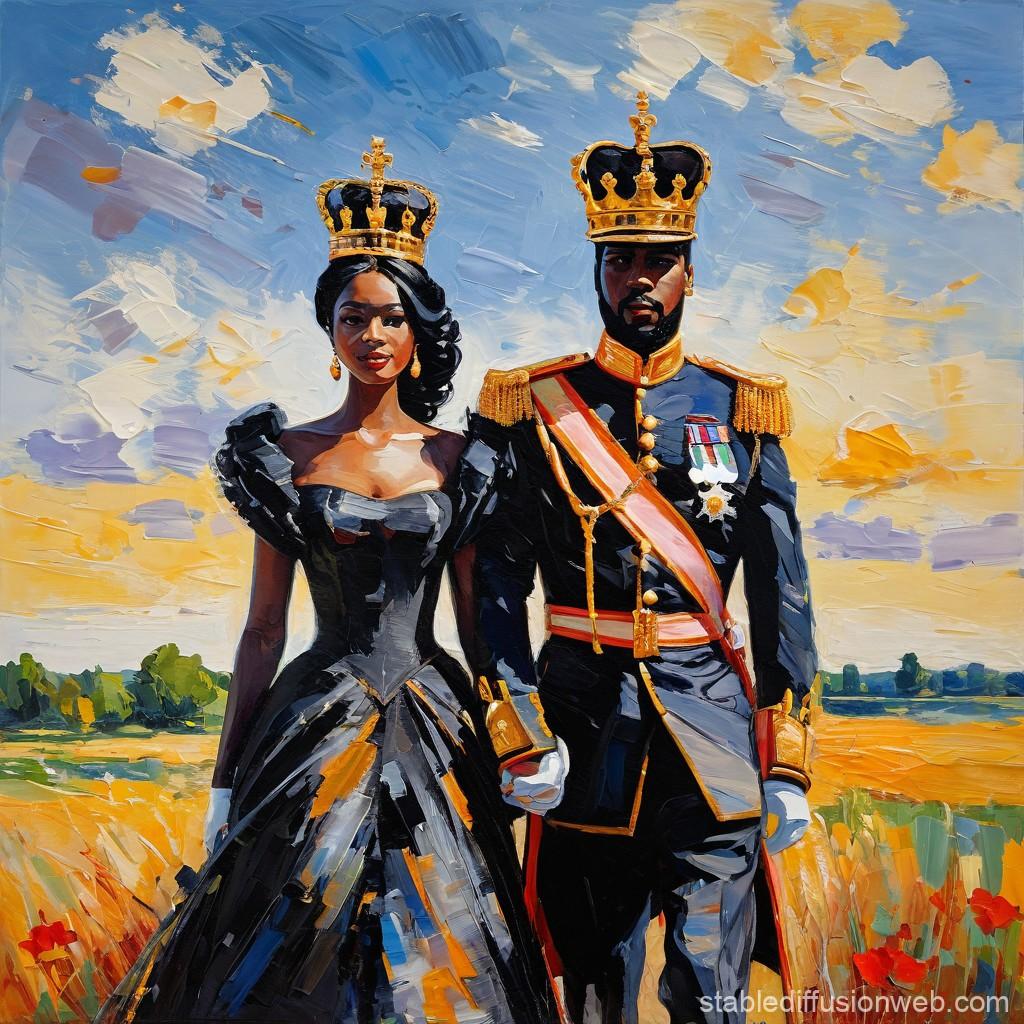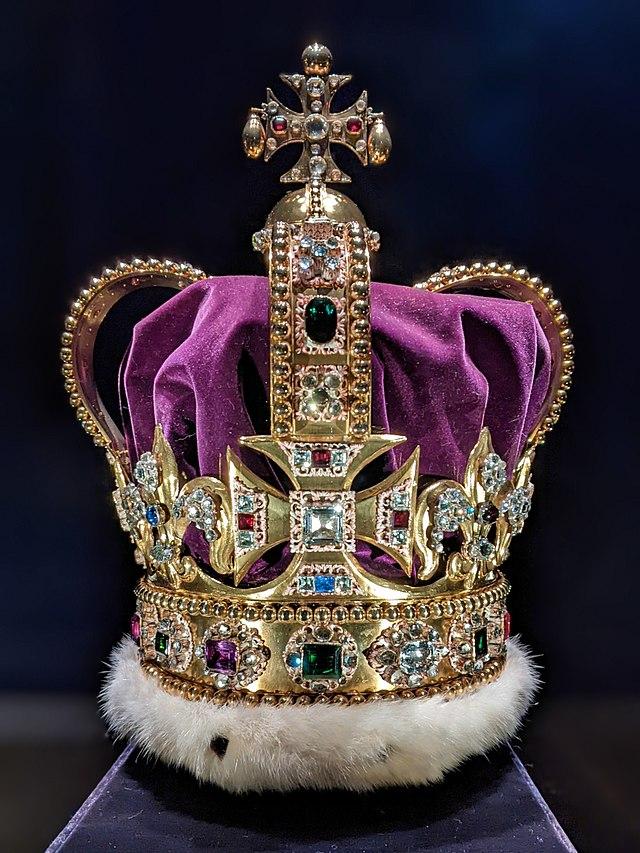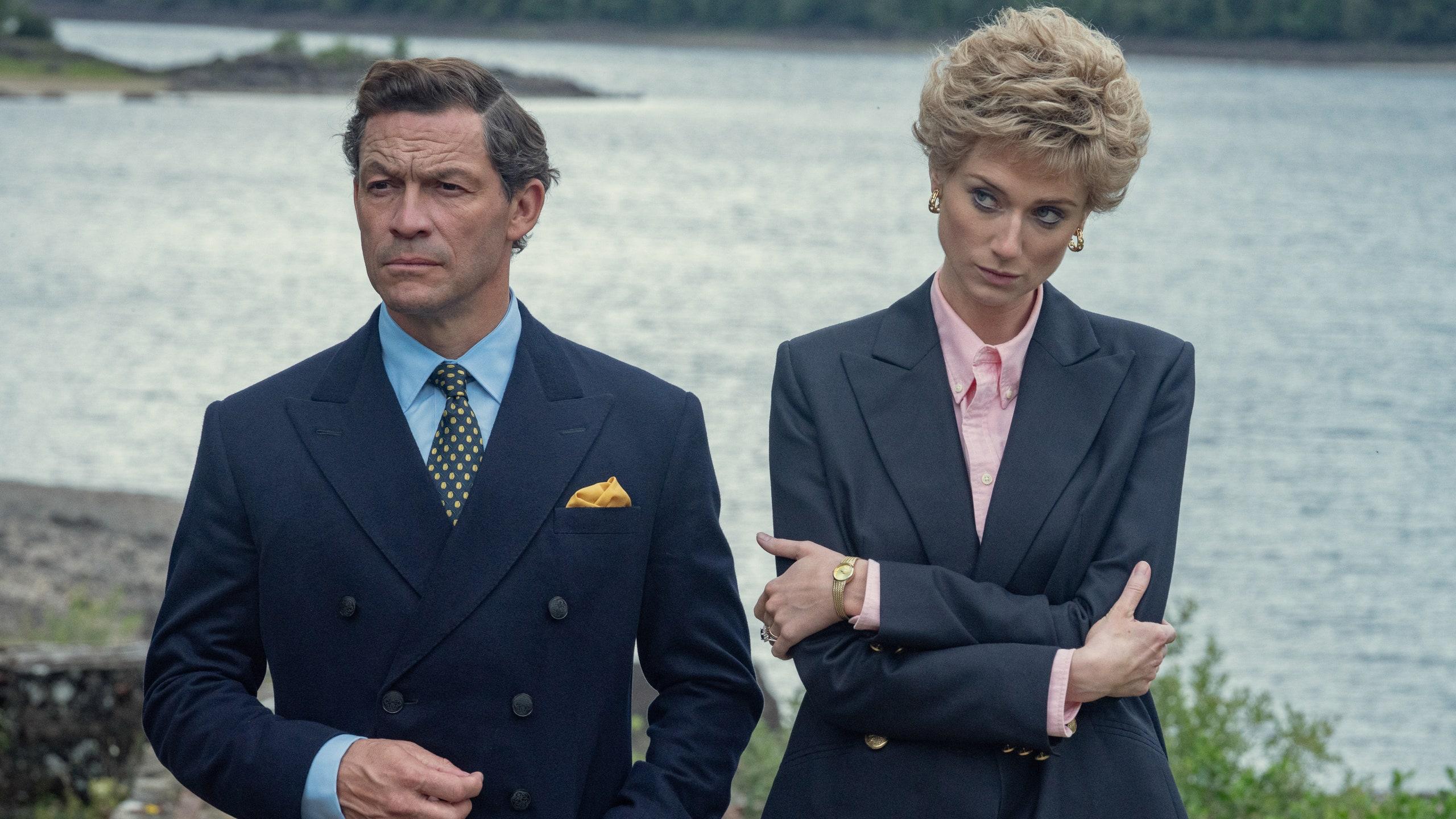In the ever-evolving landscape of modern media, few productions have sparked as much conversation and controversy as Netflix’s “The Crown.” As a dramatized portrayal of the British monarchy, the series has captivated audiences worldwide with its lavish depiction of royal life. However, this raises a critical question: does “The Crown” romanticize the monarchy in a post-colonial era where the legacies of imperialism and colonialism are increasingly scrutinized? This article seeks to explore the complex interplay between historical representation and cultural perception, examining whether the series offers an impartial narrative or perpetuates a glorified image of an institution that has long been a symbol of power and privilege. By dissecting the show’s portrayal of key events and figures, we aim to assess its impact on contemporary understanding of the monarchy and its relevance in a world striving for decolonization and social justice.
Analyzing Historical Accuracy and Creative Interpretation in The Crown
In the acclaimed series The Crown, the delicate balance between historical accuracy and creative interpretation often comes under scrutiny. While the show meticulously recreates pivotal moments in British history, it also infuses dramatic flair that sometimes blurs the lines between fact and fiction. This blend raises questions about the portrayal of the monarchy, especially in a post-colonial context where the echoes of imperialism still resonate. By romanticizing certain aspects of royal life, does the series risk perpetuating a nostalgic view of the monarchy, potentially glossing over the complexities of its colonial past?
- Historical Events: The series portrays significant events with a keen eye for detail, but occasionally alters timelines for narrative effect.
- Character Development: While real-life figures are central to the story, their personal motivations and relationships are often speculative.
- Post-Colonial Context: The portrayal of the monarchy’s role during the decline of the British Empire is often romanticized, leaving critical perspectives underexplored.
The show’s creators walk a tightrope, striving to maintain viewer engagement while also respecting historical integrity. This approach raises important discussions about the role of historical dramas in shaping public perception of historical figures and events. As audiences consume these dramatized portrayals, they must remain aware of the artistic liberties taken, recognizing that the romanticized depiction of the monarchy may not always align with the nuanced realities of history.

Exploring the Impact of Royal Portrayals on Public Perception
The portrayal of the British monarchy in popular media, particularly through shows like The Crown, often walks a fine line between historical representation and artistic dramatization. While the series offers a window into the private lives of the royals, it inevitably raises questions about how these portrayals shape public perception in a post-colonial context. On one hand, the dramatization can lead to a romanticized view of the monarchy, presenting it as a symbol of tradition and continuity. On the other, it may gloss over the more controversial aspects of the monarchy’s past, including its role in colonial history.
- Historical Accuracy vs. Artistic License: How much of what we see is factual, and how much is fictionalized for entertainment?
- Cultural Influence: Do these portrayals reinforce outdated stereotypes, or do they challenge the status quo?
- Impact on Public Opinion: How do such portrayals affect contemporary views on the relevance of the monarchy?
In a post-colonial era, the narratives constructed by shows like The Crown can significantly influence how the monarchy is perceived globally. It becomes crucial to critically evaluate these portrayals, considering both their storytelling merits and their broader socio-political implications.

The Role of Media in Shaping Monarchical Narratives
The media, through its powerful storytelling capabilities, plays a pivotal role in crafting the public’s perception of the monarchy. In recent years, television series like “The Crown” have become significant cultural touchstones, influencing how audiences perceive royal history and its figures. These portrayals often blend fact with fiction, creating a narrative that can romanticize the monarchy by focusing on its human elements—love, family conflicts, and personal challenges—while potentially glossing over more contentious issues such as colonial legacies and political entanglements. This dramatization can lead to a skewed understanding of the monarchy’s historical and current roles, especially in a post-colonial context where the implications of imperial pasts are scrutinized.
However, media representations are not merely artistic interpretations but also reflect broader societal shifts and conversations. As such, they can serve to both reinforce and challenge prevailing narratives about royalty. Consider the following influences of media on monarchical narratives:
- Selective Storytelling: By highlighting certain events or personalities, media can either perpetuate or question traditional views of the monarchy.
- Symbolic Representation: The portrayal of the monarchy often emphasizes its symbolic significance, sometimes overshadowing its political complexities.
- Public Engagement: Through accessible formats, media allows for widespread engagement with royal narratives, inviting public discourse and critique.
As viewers consume these narratives, it is crucial to remain aware of the inherent biases and creative liberties involved in such depictions, fostering a more nuanced understanding of both the media’s role and the monarchy’s place in contemporary society.

Balancing Entertainment with Historical Responsibility in Period Dramas
When crafting period dramas, creators face the complex challenge of intertwining entertainment value with historical responsibility. On one hand, the allure of regal opulence and the intricate dynamics of royal families provide a rich tapestry for storytelling. On the other, there’s a pressing need to confront the colonial legacies and socio-political nuances of the eras they depict. In the case of “The Crown,” the series often walks a tightrope, balancing between the enchanting allure of the monarchy and the darker shadows of its imperial past.
- Historical Accuracy vs. Narrative Appeal: While “The Crown” strives for authenticity, it sometimes veers towards romanticizing the monarchy, glossing over contentious aspects of British history.
- Character Complexity: The portrayal of royal figures is often nuanced, yet it can inadvertently lead to a sympathetic view that may overshadow historical missteps.
- Impact on Modern Perceptions: In a post-colonial era, there’s a critical lens on how period dramas shape public perception, potentially influencing views on monarchy and colonialism.
By weaving historical events with dramatized narratives, “The Crown” ignites discussions on how media representation can both illuminate and obscure the truths of the past. As audiences indulge in the splendor and drama, it’s crucial to remain aware of the broader historical contexts and their lasting impacts.
